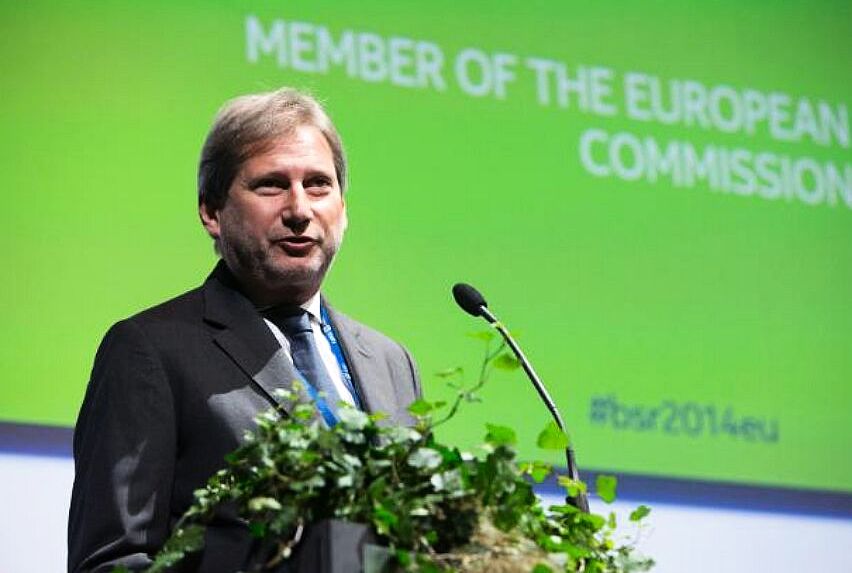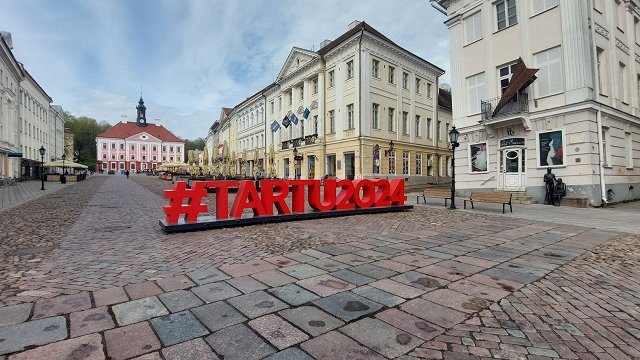In a statement to the BNS newswire, Commissioner Hahn said that the situation in these states bordering the EU’s Mediterranean region creates challenges as daunting, if not more so, than those developing towards the eastern flank of the EU.
“The situations in Syria and Lebanon remain complicated. It’s a region that demands we seek many individual solutions,” he said. Hahn further suggested that by strengthening partners that have already made strides, such as Tunisia and Morocco, the core of a stronger structure and positive influence on the other countries could be achieved.
This might allow those people living in states where political instability rules over daily life to see the advantages of striving toward such development. “For example, if the people of Libya at some point see that there are positive developments in Tunisia, they’ll want the same for their own country,” he argued.
It would be in Latvia’s interests during its Presidency of the Council of the EU to work with this region, he proposed, especially in light of events there strongly affecting the situation in the northern countries of the EU, as the wave of migration can begin to affect Latvia, too. “Already we see so many refugees having arrived in Sweden, thus I cannot rule out that soon the Baltic states could be awaiting the arrival of a stream of refugees from the EU’s southern neighbors,” Hahn said.
So far the only Baltic government official to comment on Hahn’s remarks was Estonian Foreign Minister Keit Pentus-Rosimannus, who said the warning "should be taken seriously", reported BNS Monday.





























